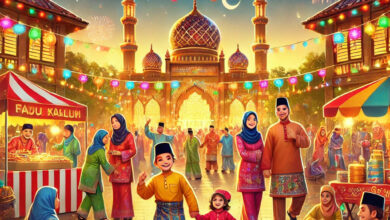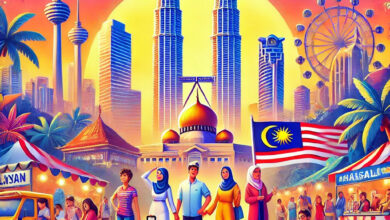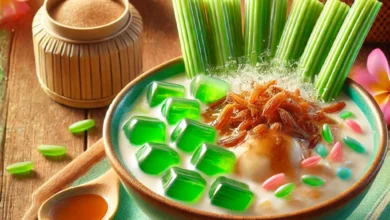Deepavali in Malaysia: A Celebration of Light and Tolerance in an Islamic Nation
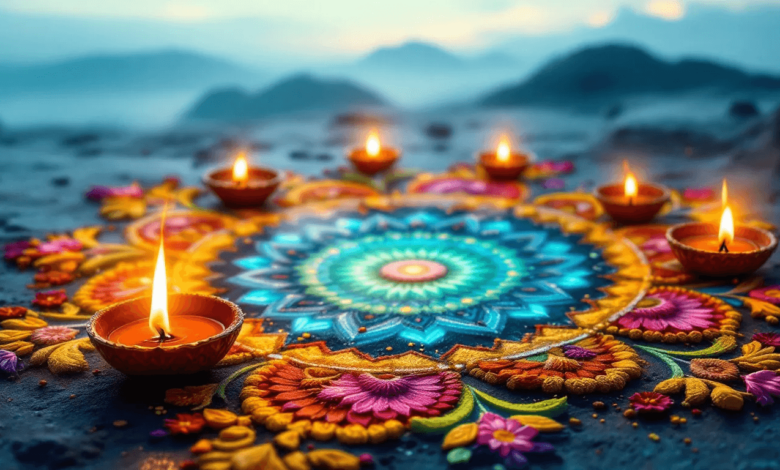
Add Your Heading Text Here
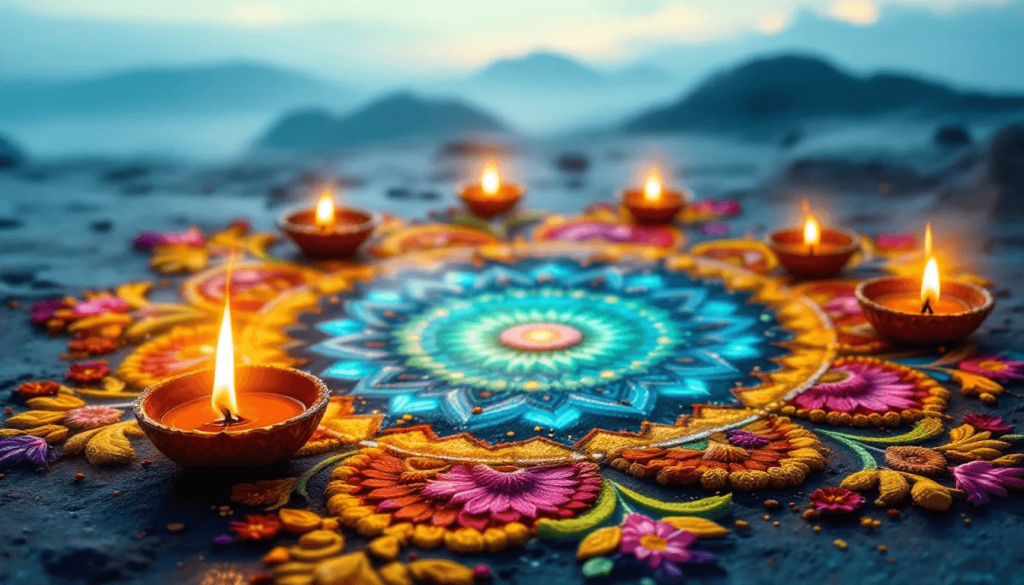
Malaysia is a unique country where a Muslim-majority population lives in harmony with various other religious communities. Although the nation is deeply rooted in Islamic values and beliefs, it celebrates its diversity by granting public holidays for each major religious festival, including Deepavali, the Festival of Lights celebrated by the Hindu community. This approach highlights not only Malaysia’s tolerance but also its commitment to peace and unity, while proudly upholding its Islamic identity.
What is Deepavali?
Deepavali, also known as Diwali, is a Hindu festival symbolizing the triumph of light over darkness, good over evil, and knowledge over ignorance. The holiday commemorates the return of the deity Rama to his kingdom after defeating the demon Ravana. To celebrate his return, villagers lit oil lamps, a tradition that has continued as a symbol of spiritual light and purification. In Malaysia, Hindu families decorate their homes with intricate designs called rangolis and light lamps around their houses and temples.
Religious Tolerance with a Strong Islamic Identity
Although Malaysia is a predominantly Muslim country, the government recognizes and respects other major religions, granting a public holiday for Deepavali as a symbol of this inclusivity. Malaysia demonstrates that a multicultural society can coexist peacefully while still affirming its Islamic identity. This tolerance is not a compromise of Islamic values but rather a testament to the genuine respect for each community—a value that Islam itself encourages.
Thus, Malaysia remains a proudly Muslim country, while ensuring that every citizen feels respected and integrated. The country’s Islamic identity is at the core, but its diversity is seen as a strength rather than a challenge. During Deepavali, Malaysians of all faiths come together to celebrate in the spirit of unity, fully aware of Islam’s place as a foundation of society.
How is Deepavali Celebrated in Malaysia?
On Deepavali, Hindu families gather for purification rituals, prayers at temples, and festive gatherings. Areas like Little India in Kuala Lumpur, Penang, and Ipoh come alive with beautiful decorations, markets, and cultural performances. Although it’s primarily a Hindu festival, Malaysians from all walks of life join in the spirit of celebration, respecting the local culture.
Some highlights to experience during Deepavali include:
- Visiting a Hindu Temple: Decorated for the occasion, temples offer an immersive experience of Deepavali rituals and traditions.
- Exploring Little India: With traditional clothing, decorations, and food stalls, Little India is the perfect place to embrace the festive atmosphere.
- Savoring Indian Sweets: Popular treats like laddu and barfi are widely available in restaurants and street stalls during the season.
Rangolis: Colorful Art in Grains
One of the most beautiful Deepavali traditions is the creation of rangolis, intricate patterns made with colored grains, rice, flour, or even flower petals. These temporary works of art are placed at the entrance of homes and temples to symbolize prosperity, good fortune, and the welcoming of divine light. In Malaysia, rangolis come in various shapes and vibrant colors, depicting floral designs, Hindu deities, or geometric patterns. These stunning, carefully crafted decorations are a visual delight and an integral part of Deepavali, admired by Malaysians of all backgrounds.
An Example of Coexistence Inspired by Islam
Malaysia serves as a model of coexistence and respect, where each religious festival is embraced with kindness while still maintaining the nation’s Islamic identity. Deepavali in Malaysia is more than a religious event; it is a reminder of the country’s cultural richness and the harmonious relationship between its diverse communities. Participating in the festivities not only reveals Hindu traditions but also showcases the tolerant, respectful character of a nation firmly rooted in Islam. Deepavali’s message of light and peace resonates powerfully in a country that values tolerance and solidarity within an Islamic framework.

